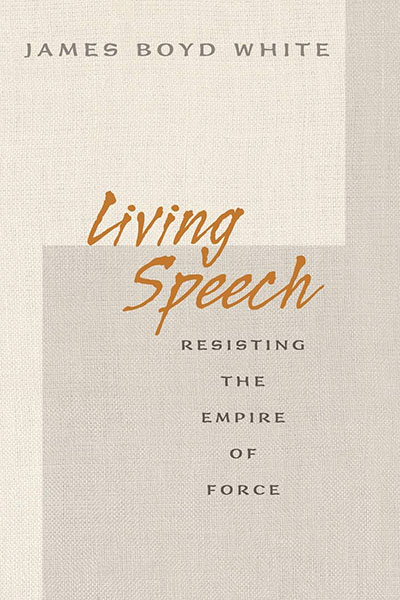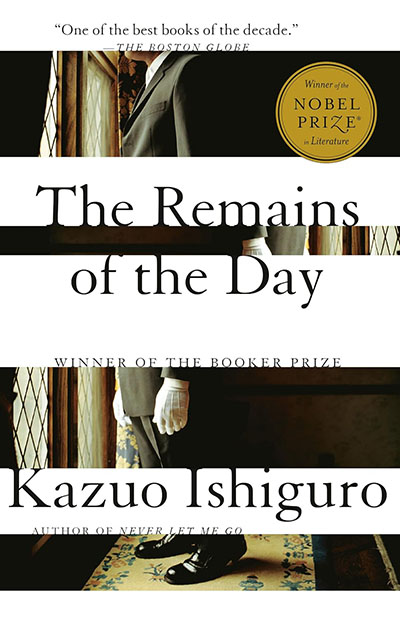

We asked our authors to recommend a book they had read over the past couple of years. Here is what they said:

An illuminating quadruple biographical/intellectual history of Arendt, Beauvoir, Rand, and Weil. Pairs well with Arendt’s The Human Condition. And Merlot. —Paul Blaschko

One Long River of Song: Notes on Wonder is a collection of lyrical, brief, and prose-poetic essays curated by Brian Doyle’s friends and colleagues after his death from brain cancer in 2017; the introduction alone is a moving portrait of Doyle. As David James Duncan writes, “This is not just a book. It is a sacred offering, a family album, a psalm, a prayer. It is a love song to the world and a hand extended to every one of us.” —Karen E. Bohlin

This wonderfully written book tells the true story of two exceptional Scottish twins who became adventurers, manuscript hunters, and Bible scholars. —Zena Hitz

This 19th century Russian novel opens with the following line: “Happy families are all alike; every unhappy family is unhappy in its own way.” Over the next 900 pages, Tolstoy paints a portrait of the particular joys and sorrows deep within a set of families. Beautifully written and psychologically astute. —Anna Bonta Moreland

I only wish I had found White’s little masterpiece sooner! Finally, a book that treats the formative power of language with the seriousness it deserves. The writing is so economical and lucid. Practicing what he preaches, White speaks from his own silent center to ours. No noise. Each word thoughtfully chosen. Through close readings of legal and literary texts, White develops his thesis that dehumanization and regimes of force are fed by our empty speech and automatic thinking. “Language is always dying in our minds,” he writes, “and it is our responsibility to give it life.” —Chris Higgins

This choice was tough. The obvious option for this issue of the magazine would be Ling Ma’s 2018 dystopian novel about work, made crazy popular by the Apple series. But I’m going with the hauntingly beautiful 1989 Ishiguro classic, Remains of the Day. Dystopian in its own way, I love how the central character’s pursuit of excellence at work corrodes his moral imagination—an implicit theme in Severance as well. (If Anthony Hopkins was the lead actor in the TV adaptation of Severance, I might have chosen differently). —Suzanne Shanahan
Fall 2025
Part I: Employing Virtue
Chris Higgins
Anna Bonta Moreland
Karen E. Bohlin
Zena Hitz
Interlude: Meaningful Employment
Michelle Weise
Part II: Employing Vocation
MORE